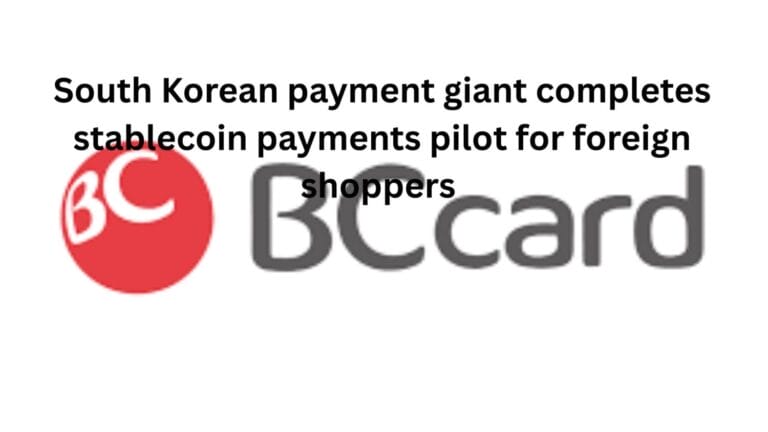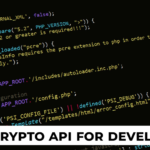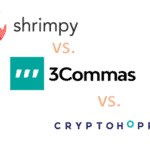Key Takeaways
- The South Korean government commissioned a report recommending that crypto exchanges and token issuers be licensed.
- The proposed laws would be stricter with penalties for non-compliance than the current Capital Markets Act.
- The report also calls for new regulations to mitigate insider trading and pump-and-dump schemes.
In South Korea, cryptocurrency is not considered legal tender. The taxation of cryptocurrencies in South Korea represents a gray area. Now, why is it so? Cryptocurrencies or digital assets are neither currencies nor financial assets. They are currently tax-free.
The Ministry of Strategy and Finance of South Korea has indicated that it is considering taxing crypto income and plans to introduce a framework for taxation in 2022. Banks with accounts with major cryptocurrency exchanges were required by the South Korean Financial Services Commission in 2018 to report their customers’ crypto-related transactions (FSC).
The federal government of South Korea commissioned a report that noted and also urged the cryptocurrency industry to implement a license-based system for all the exchanges and token issuers.
The proposed laws would be tighter and they would have greater and all the bigger consequences for non-compliance than the current Capital Markets Act. The report also aims to close down local exchanges and coin issuers. It proposed rules regarding insider trading, price manipulation, pump-and-dump schemes, wash trading, and industry-standard transaction fees.
It is now imperative that coin issuers get regulated through a complete licensing scheme, the “most urgently needed protection” in the market.
South Korean creator Do Kwon may have to explain what occurred to the National Assembly following the collapse of the Terra project, which caused a rapid market crash. The FSC has proposed a rule that will require coin issuers to submit a white paper describing the project they intend to launch, including information about the company’s executives, how funds will be used, or what risks are involved with the project. The white paper would need to be updated at least seven days before proposed changes could be adopted.
Yoon Seok-Yeol, the incoming president of South Korea, was picked partly for his eagerness to learn more about Cryptocurrency. Earlier this month, he stated his government would seek legislation to extend the tax-free status of cryptocurrency investment gains until an adequate legal framework is in place.









